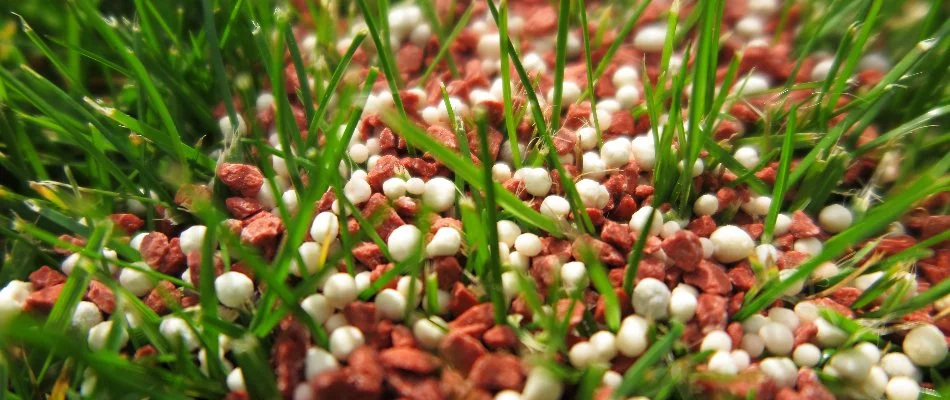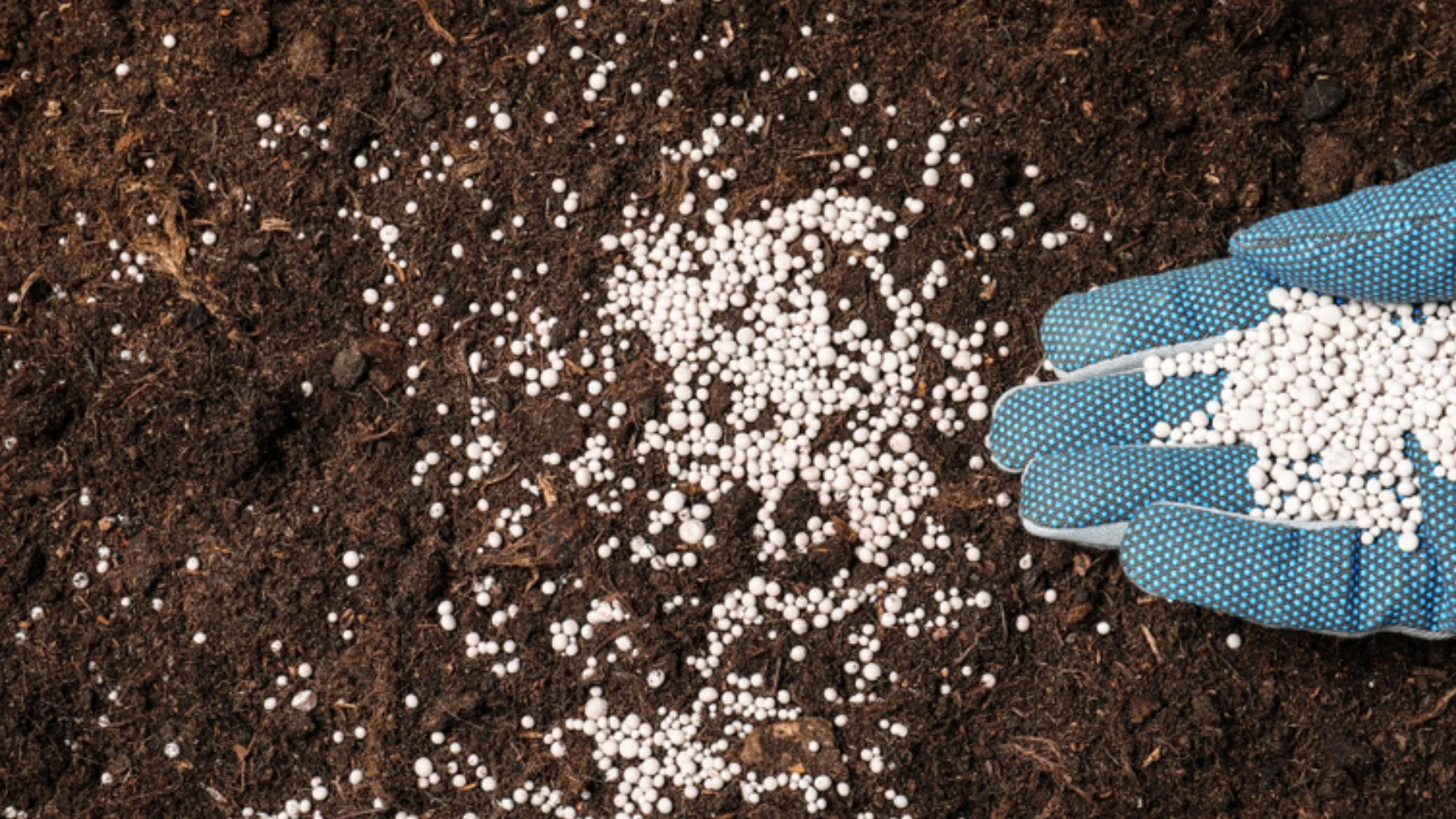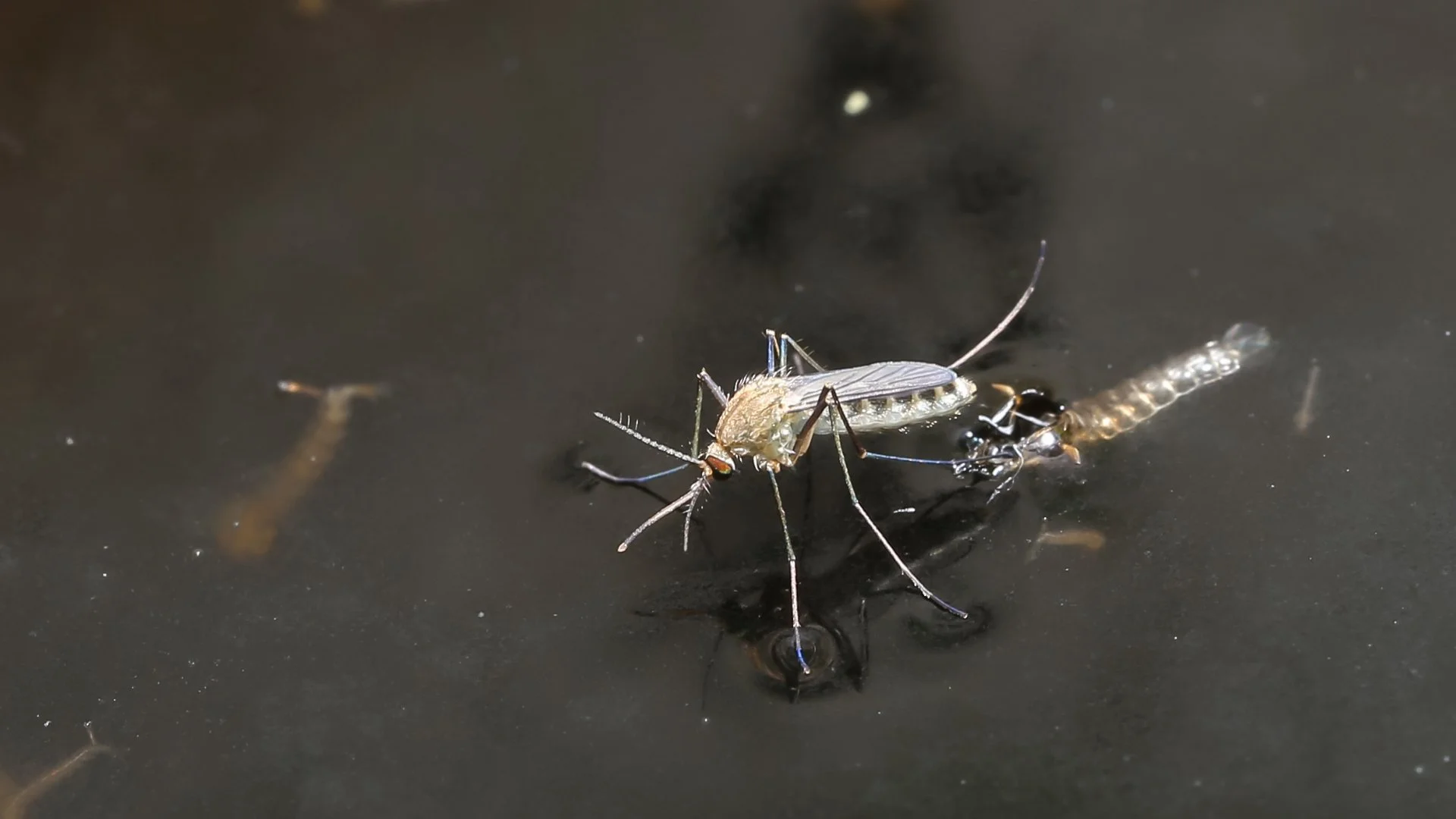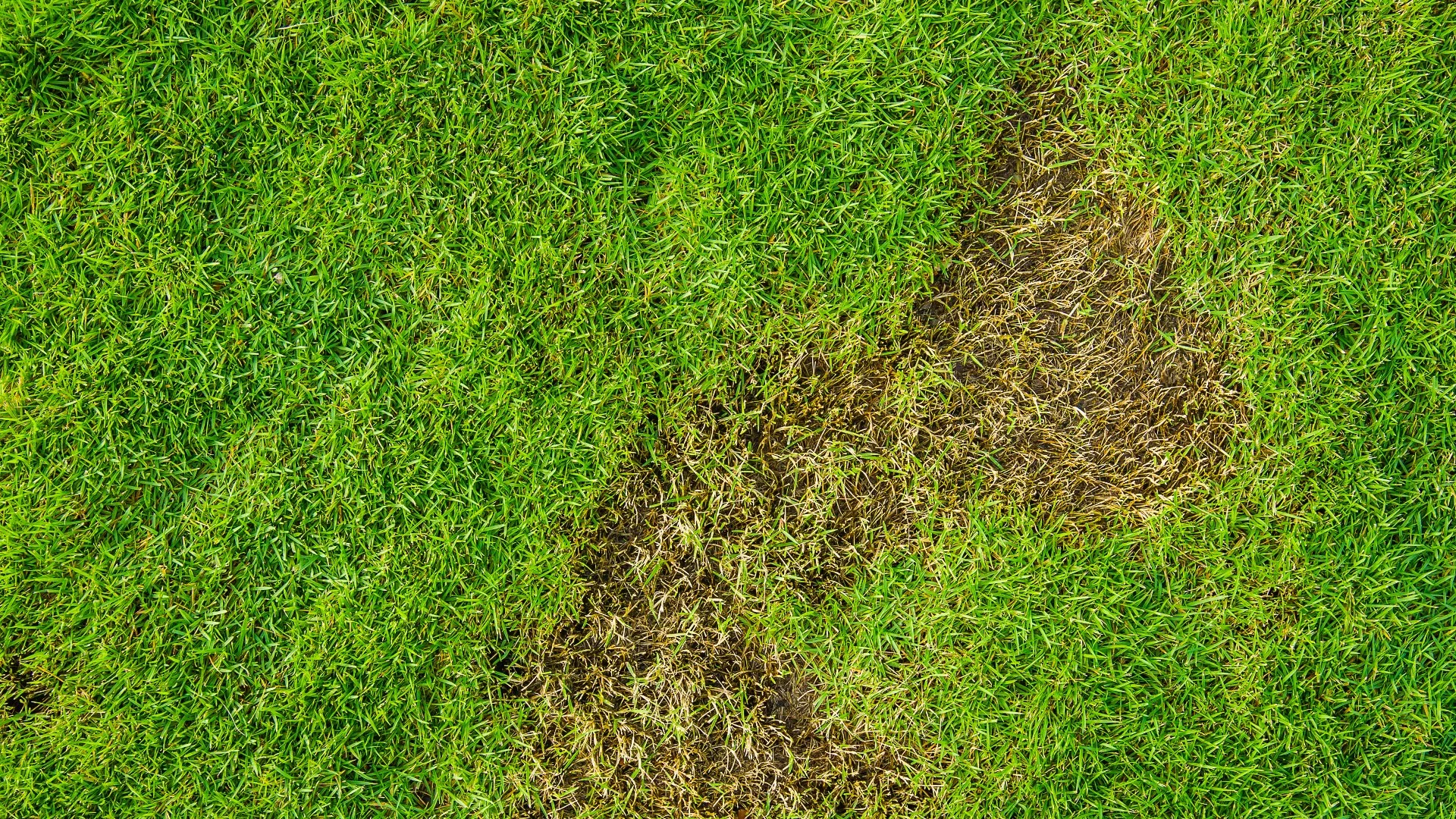
As a property owner in Delaware or Pennsylvania, understanding the difference between organic-based and synthetic fertilizers is crucial for making the right choice when it comes to which one you should use on your lawn. While both offer benefits, organic-based fertilizers are widely considered to be the superior option. For starters, they are safer for the environment because they are less likely to be washed away, reducing the risk of water pollution. Additionally, organic-based fertilizers improve soil structure, enhancing water and nutrient absorption, leading to healthier and more resilient blades of grass. Organic-based fertilizers typically contain more micronutrients compared to synthetic fertilizers, which promotes overall grass health. In short, embracing organic-based fertilizers is a sustainable and eco-friendly choice that ensures a thriving and environmentally responsible landscape.
Organic-based fertilizers are safer for the environment than straight synthetic fertilizers.
Organic-based fertilizers are derived from natural sources such as compost, manure, bone meal, or other organic matter. They release nutrients slowly over time as they break down, which means they are less likely to be washed away by rain or irrigation. This slow-release feature minimizes the risk of nutrient runoff into water bodies, reducing the risk of water pollution. By using organic-based fertilizer, you contribute to a healthier ecosystem and protect aquatic life.
In contrast, synthetic fertilizers are manufactured from chemically processed compounds. They typically release nutrients rapidly, which can lead to nutrient leaching when applied in excess or during heavy rainfall. Leaching causes nutrients to move through the soil and potentially contaminate groundwater or nearby streams, negatively impacting the environment.
Organic-based fertilizers can help improve soil structure.
Another advantage of organic-based fertilizers is their ability to improve soil structure, which ultimately benefits your property. When you use organic-based fertilizers, the organic matter they contain enriches the soil, enhancing its structure and texture. The organic matter acts as a binding agent, helping to create aggregates or clumps in the soil.
These aggregates create spaces in the soil, improving its aeration and drainage. With better aeration, roots can access more oxygen, promoting healthier root growth. Improved drainage prevents waterlogging, reducing the risk of root rot and other soil-borne diseases. As a result, your soil becomes more friable, allowing better water and nutrient absorption by the plant roots.
Organic-based fertilizers usually contain more micronutrients than synthetic fertilizers.
Micronutrients are essential elements that plants need in smaller quantities and are still crucial for their overall health. Organic-based fertilizers usually contain a wide range of these micronutrients like iron, manganese, zinc, and copper. These elements play vital roles in many physiological processes within plants, such as chlorophyll production, enzyme activation, and nutrient transport. Adequate micronutrient levels ensure proper growth and development of your grass, resulting in a vibrant and lush lawn. Because synthetic fertilizers generally don't contain as many of these micronutrients, organic-based fertilizers are typically the better option.
Give us a call today to sign up for our comprehensive lawn fertilization program!
At Delaware Valley Turf, our team is dedicated to keeping your lawn beautiful and healthy. That’s why we offer a lawn fertilization program that entails multiple treatments throughout the growing season, ensuring your grass always has the nutrients it needs to thrive. What sets us apart is our commitment to using organic-based, granular lawn fertilizers that are safe for pets. With our pet-safe approach, you can have a stunning lawn without worrying about the health of your beloved animals. We offer our fertilization service to property owners in Newark, DE, as well as in Doylestown, Blue Bell, New Hope, and nearby areas in Pennsylvania. Give us a call at (610) 328-4170 today to sign up for our fertilization program!






Comments (0)
Thanks for your comment!
Thanks for your feedback! Your comments have been successfully submitted! Please note, all comments require admin approval prior to display.
Error submitting comment!
There is a problem with your comment, please see below and try again.